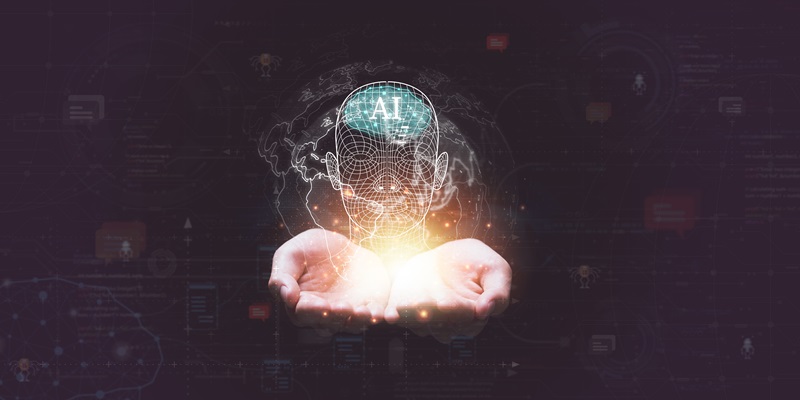In recent years, the rapid advancement of artificial intelligence (AI) has significantly reshaped job practices across various industries. AI’s influence is most evident in software development, with tools like Copilot boosting productivity by a staggering 30%-50%, marking a new era of work efficiency. The surge in AI technologies transcends the boundary of job automation and fundamentally redefines workflows, presenting limitless possibilities for enhancing performance. The integration of AI into job practices offers a promising future, where businesses can harness AI’s power to achieve unprecedented levels of success.
Transforming Workflows with AI
AI’s capability to automate routine tasks and analyze vast amounts of data has revolutionized traditional workflows. This transformation has enabled businesses to achieve significant gains in productivity by dramatically reducing the time required to complete various tasks. For instance, generative AI models like OpenAI’s ChatGPT have demonstrated the potential to handle complex tasks, reaching 100 million users within just two months—a feat that took major social networks years to achieve. This level of efficiency underscores AI’s transformative impact on job practices, establishing new benchmarks for productivity.
The automation of repetitive tasks allows employees to focus on more strategic and creative endeavors, enhancing overall job satisfaction and innovation within organizations. By delegating mundane tasks to AI, companies can foster a more engaging and dynamic work environment. Additionally, AI-powered tools enable more accurate and efficient decision-making processes, as they can quickly process and interpret large datasets, providing valuable insights that would be impossible for humans to derive manually.
Navigating the Dual-Edged Sword of AI Advancement
While AI advancements present numerous opportunities for enhancing job practices, they also raise significant concerns regarding their impact on the workforce. The automation capabilities of AI have sparked fears of job redundancy, with many worrying about the potential for widespread displacement of human workers. However, a nuanced understanding of AI’s integration into the workplace reveals a multifaceted nature that requires a balanced approach to harness its benefits while mitigating its drawbacks.
Embracing AI as a partner rather than a replacement for human labor is crucial in constructing a harmonious future. Viewing AI through the lens of "Augmented Intelligence" emphasizes the collaborative potential of AI tools working alongside human skills rather than competing against them. This perspective highlights the importance of upskilling and reskilling efforts to ensure that workers remain relevant in an AI-driven job market. By equipping employees with the knowledge and resources needed to leverage AI technology effectively, organizations can create a synergistic environment where AI enhances, rather than diminishes, human contributions.
Empowering the Workforce through Continuous Learning
The rapid evolution of AI technology necessitates a commitment to continuous learning and skill development. To stay ahead in an AI-driven work environment, individuals must prioritize upskilling in AI tools and methodologies. Online platforms such as Coursera and Udacity offer a plethora of courses in AI and machine learning, providing essential resources for expanding one’s knowledge base. By investing in continuous learning, workers can better adapt to the changing demands of their roles and remain competitive in the job market.
Building a collaborative AI environment within the workplace can further enhance productivity and innovation. Encouraging synergy between AI tools and human skills allows technology to handle routine tasks, freeing employees to concentrate on strategic initiatives. This collaborative approach not only boosts efficiency but also fosters a culture of innovation, where creative thinkers can thrive. Customizing AI solutions to meet specific business needs ensures that AI applications align with organizational goals, driving growth and optimizing operations.
Preparing for Future AI Developments
In recent years, the rapid advancement of artificial intelligence (AI) has brought significant changes to job practices across various industries. One of the areas experiencing the most noticeable impact is software development. Here, tools like Copilot have boosted productivity by an astonishing 30%-50%, heralding a new era of work efficiency. AI technologies go beyond mere job automation; they fundamentally redefine workflows in a way that presents limitless possibilities for improving performance. The integration of AI into everyday job practices holds a promising outlook for the future. Businesses that effectively harness AI’s capabilities can achieve unprecedented levels of success and growth. From optimizing routine tasks to offering innovative solutions, AI has the potential to transform how work is done, making processes more efficient and streamlined. As AI continues to evolve, its influence will likely expand to even more industries, cementing its role as a crucial element in the ongoing pursuit of enhanced productivity and innovation across the board.

